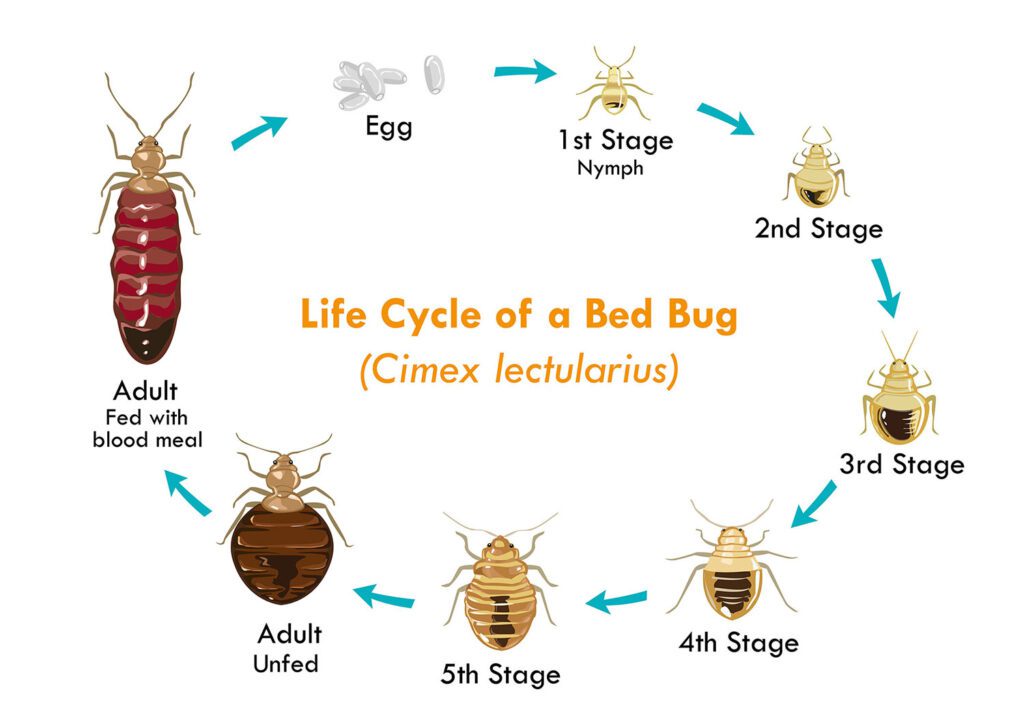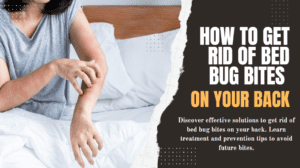“When do bed bugs lay eggs?”. Knowing the answer to this question can help you design a strategy to halt bed bug infestations.
Bed bugs are blood-sucking parasites that feed on blood and can quickly become a nuisance. A female bed bug can lay as many as five eggs a day, and as many as 300-bed bugs.
It is essential to know when they hatch so you can stop their spread.
So when do bed bugs lay eggs?
Female bed bugs will start laying eggs within 32 days of hatching, In addition, they can lay up to five eggs per day. The mating process of bed bugs is typically difficult for the female, as constant mating can cause injury. When it is time to lay her eggs, the female will leave her original location. The lack of mates and access to food allows the female to successfully lay its eggs.
Bed bug eggs are tiny and whitish, Often they appear barrel-shaped and are about the size of a grain of salt. The eggs are covered with an adhesive substance that ensures that they stick to wherever they are laid. When eggs are more than five days old, a visible dark mark that resembles an eye would be seen on them.
Eggs will hatch in six to seventeen days. A nymph ( baby bed bug) will become a matured bed bug in as little as twenty-one days.
Where do bed bugs lay their eggs?
Bed bugs feed primarily on human blood. In any case, you should look in between mattress seams and joints. Also, look on the box spring or behind the headboard, and be on the lookout for hidden areas that have markings of red or black specks since these markings are feces from an adult.
Other areas you might spot bed bug eggs include the following:
Furniture: Look in between furniture joints, bed bugs convert them to hiding spaces to lay their eggs.
Clothes: You will find bed bugs in clothes stored in wardrobes, Similarly any other type of furniture if your home is infested.
Bed bug eggs are usually a sign of an active bed bug infestation. When you begin to notice bed bugs scurrying around, molted shells and dead bed bugs, and dark brownish stains in hidden areas, you have a bed bug infestation. It is best to act quickly and contact professionals.




